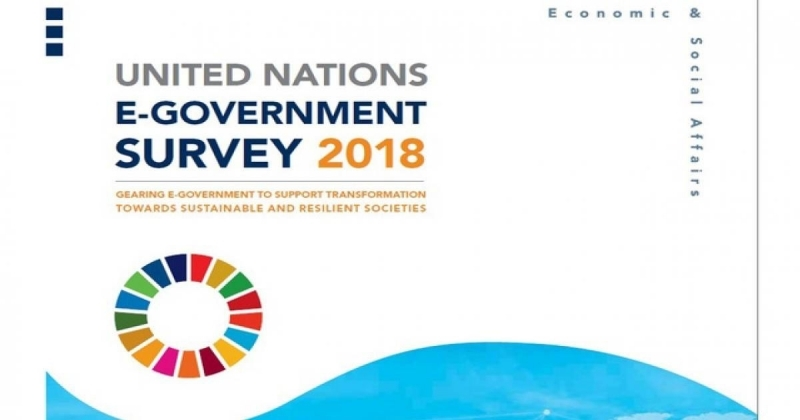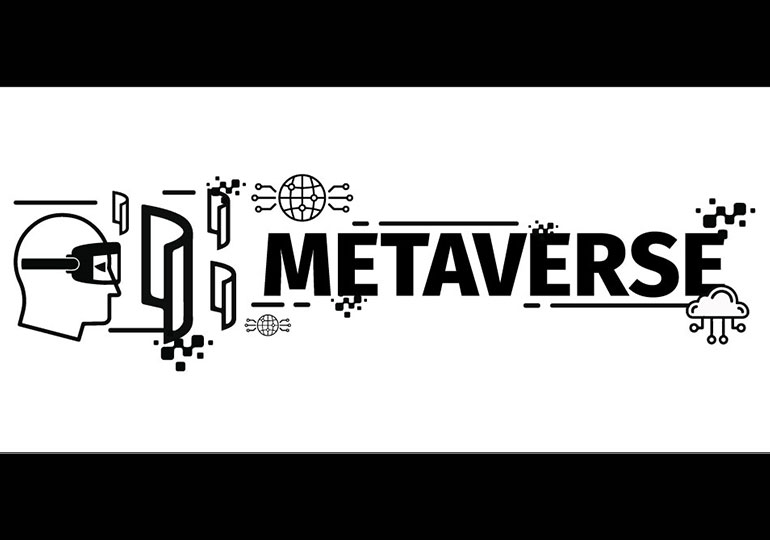In the UN E-government Development Index, Georgia ranks 60th. Georgia’s e-governance rate is 0.69, which makes the country #60 among 193 countries of the world. Two years ago, with 0.61 points, Georgia held 61st position, accordingly, in 2018, Georgia’s rating improved by 0.08 points and its position advanced by one step.
With regard to e-participation, the country’s assessment has improved by 0.06 points, however, in the ranking, its position has worsened by 11 steps. Namely, in 2016, Georgia had 0.56 points and it held 76th position, while this year, the points increased up to 0.62, however, the position of the country changed from 76th to 87th. According to IDFI data, the above can be explained by the relatively fast advancement of other countries in these directions.
The leaders in e-government are: Denmark – (0.9 points of 1), Australia (0.9), Republic of Korea (0.9), UK (0.9), Sweden (0.89), Finland (0.88), Singapore (0.88), New Zealand (0.88), France (0.88) and Japan (0.88). Top ten countries in e-participation index are: Republic of Korea (1), Denmark (1), Finland (1), Netherlands (0.99), Japan (0.99), New Zealand (0.99), Australia (0.99), Spain (0.99), UK (0.99) and USA (0.99).
The results of Georgia are significantly behind the average rate of European countries, which in case of e-government is 0.77 and e-participation – 0.81.
Among 15 post soviet countries, with regard to e-government, Georgia ranks 7th and in e-participation – 12th. For comparison, in 2014, Georgia held 7th position in both rankings.
The goal of the UN research is to assess global trends of e-government development and existing challenges.
While developing the e-government index, researchers assess countries in three directions:
- Online services – various governmental web pages existing in the country are assessed. Special attention is paid to the existence of national portals, e-services, and participation e-platforms.
- Telecommunication infrastructure development – this component in its turn includes following sub-components: number of internet users, number of cell phone users, number of broadband internet users, etc. Georgia’s lowest rate is in this component and it is significantly behind the average European rate.
- Human capital – what is the population’s potential to effectively use new technologies.
The e-participation index reflects the readiness of the government to facilitate the participation of the population in the governance process by means of new technologies. Assessing thin component, experts take into consideration the following circumstances:
E-information: how accessible is the public information for users, without any preconditions;
E-consultation: do the citizens have an opportunity to get involved in the process of policy development;
E-decision-making: how do the government encourage the population to become participants of the decision-making process and to what extent are this type of online services developed.

Forbes Georgia
"Forbes Georgia-ის სარედაქციო ბლოგპოსტების სერია "როგორ გამდიდრდა“ და "საქართველო რეიტინგებში".












